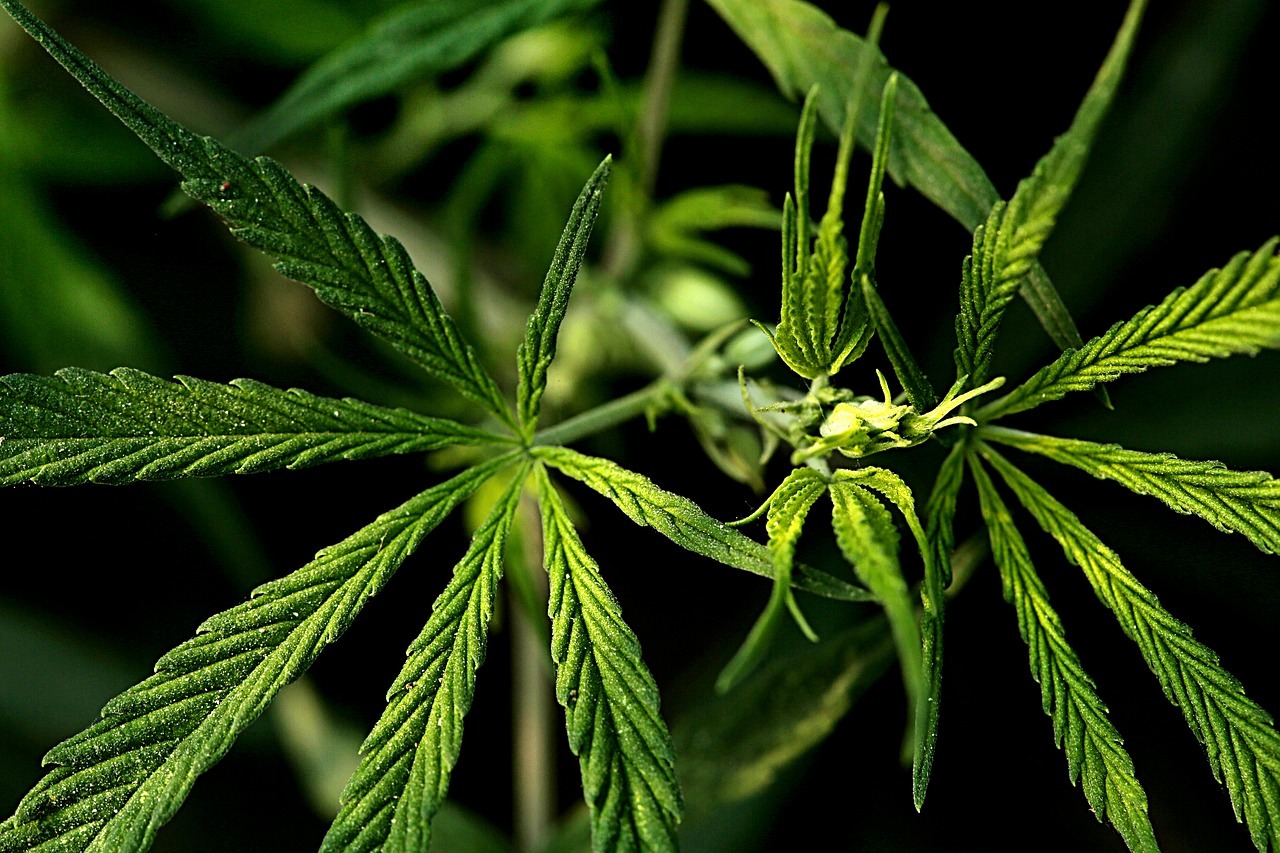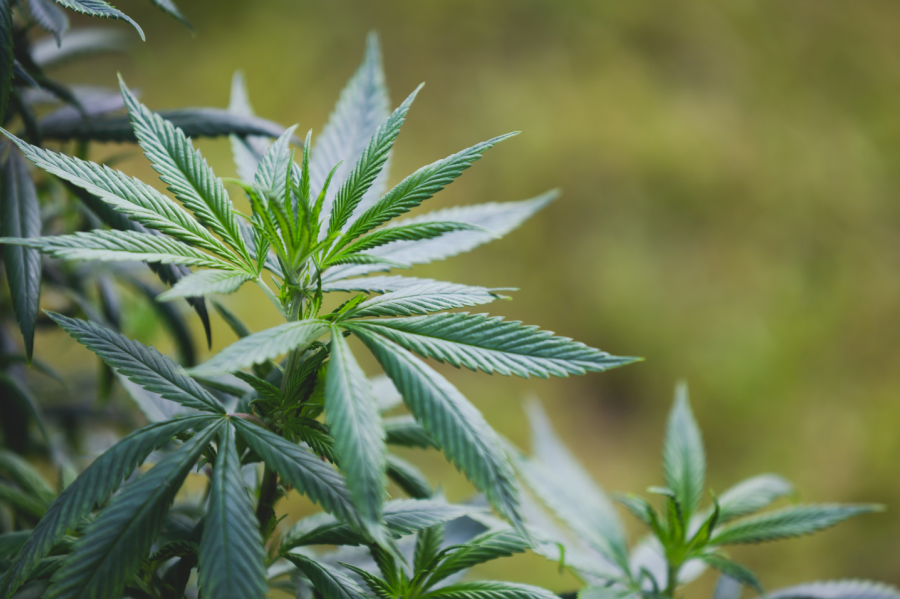
Brazilian pharmaceutical regulator Anvisa approved statutes for the roll-out of medicinal cannabis-based products but, in a separate tally, barred a proposal to support private medical marijuana farms. Anvisa’s consent of rules to regulate the nascent medical cannabis market represents a notable shift in a country that has endured years of violent drug frenzy.
Nonetheless, the ruling to prohibit private cultivation of marijuana seeds shows that Brazil, led by President Jair Bolsonaro, is not yet ready to join peers Colombia and Uruguay and promote its own vertically unified medical marijuana sector. A spokesman for Anvisa said that Brazilian firms involved in the production of cannabis-based products would be required to import figures from abroad.
The report publishing the governing approval, Anvisa said the new rules would be issued in the country’s official gazette and come into law. Anvisa also set out definite rules for the production, import, sale, packaging, marketing, and control of the new class of cannabis products. Brazil’s ruling to permit cannabis products are part of a slowly changing broad perspective toward illicit drugs, with expanding stake in the medicinal benefits of cannabis and other drugs.
Nonetheless, in positional terms, Brazil may be coming late, with both Uruguay and Colombia having both legalized medical cannabis and actively running toward gaining a solid niche in the booming multibillion-dollar global exchange.
Uruguay was the first country to legalize growing cannabis, its sale and use in December 2013 in a pioneering social venture closely watched by other nations debating legal drugs.
Colombia has also legalized medical cannabis, while in Mexico, the supreme court directed the country’s health ministry to hurry up its issuance of medical cannabis statutes, with recreational cannabis also being reviewed by lawmakers.
Anvisa said that cannabis products would only be available for sale in enrolled legal pharmacies, and with a prescription.
Anvisa gave the final green light to the country’s medical cannabis industry. While the decision could likely benefit thousands of users suffering from severe medical conditions, it was guided by a ban on local cannabis cultivation.

Latin America on the Waves of Legalization
Unlike countries such as Uruguay, Canada, and Colombia, Brazil is slipping to legalize the complete supply line of medical cannabis products. Under the new laws, buying and consuming cannabis is permitted for patients aching from any fair condition. However, it is still hindered by growing any cannabis plants. Any Brazilian firm aspiring to access the legal cannabis business would have to import its principal ingredients from abroad.
While Brazil’s initial ruling of medical cannabis is good news for both patients and business firms, it is only the first step in a country that still lags behind some of its neighbors when it comes to a general legal scheme for cannabis firms.
More than six years ago, in 2013, Uruguay became the first nation in the region to legalize the growing, sale and smoking of cannabis. In Colombia, the medical cannabis industry is growing at a fantastic rate. At the same time, the US and Canada already have multi-million-dollar contracts under clear regulatory frameworks.
Aside from the proven benefits that medical cannabis can bring to patients aching from chronic pain, anxiety and other conditions, it can have a more extensive effect in a country where drug-related frenzy is prevalent. Before the distinct laws go into effect, users must rely on illegally shipped products or the black market to obtain medical cannabis treatments.
Tax Revenues
With a population of more than 210 million, it is no doubt that the Brazilian market draws an enormous break for both domestic and foreign cannabis firms. According to a law initiative introduced by the Human Rights and Participative Legislation Commission to the Brazilian assembly, more than two million Brazilians flag from epilepsy: one of the most common ailments for which cannabis has proven to be effective.
In countries with legal cores that provide clear guidelines for medical cannabis trades and patients, the industry can likely provide notable tax revenues to both local and federal authorities. According to New Frontier’s Latin America Regional Cannabis Report, the illegal cannabis market in Brazil is worth around 2.5 billion dollars at the time.
Who Can Access Medical Cannabis in Brazil?
Unlike the peculiar states of the US, Brazil does not have a schedule of requirements for which cannabis products can be prescribed, devising the ruling in the hands of physicians and other medical experts. For patients who succeed in getting a doctor’s certificate, an entreaty process needs to be followed.
While the definite actions are slightly confusing, someone who wants to register themselves as medical cannabis users must produce a set of documents including their doctors' reports, a cannabis prescription, a product import, and use form and a claim of liability. ANVISA handles all requests and, if approved, allows the user to use specific cannabis products legally for a year.
Medical cannabis has earned high demand around the world. Currently, we see that Latin America is maturing and more lenient with cannabis laws. Uruguay legalized cannabis in 2013. Mexico has already taken action to legalize cannabis. Now, Brazil is up with medical cannabis regulations.
Medical cannabis has earned high demand around the world. Currently, we see that Latin America is maturing and more lenient with cannabis laws. Uruguay legalized cannabis in 2013. Mexico has already taken action to legalize cannabis. Now, Brazil is up with medical cannabis regulations.
Status of Medical Cannabis In Brazil
Since 2015, Anvisa has allowed medical cannabis products under two classes of prescriptions:
- Prescription A for mixtures of more than 0.2% THC. This is solely available to terminal patients.
- Prescription B is for all products with less than 0.2% THC.
However, this policy of obtaining medical cannabis products is quite expensive.
Side Notes: Brazil’s Stance on Medical Cannabis
Following the statement by ANVISA, Khiron Life Sciences expressed support for Mexico’s new stance. Andres Galofre, Khiron’s co-founder and Vice President, Business Development, commented, “We congratulate legislators and the health authority in Brazil for their leadership in establishing a legalized environment for medical cannabis in the country. With a population of over 200 million, this will directly benefit the health and well-being of a significant number of patients in Brazil and affirms our position as a Latin American leader in a rapidly globalizing cannabis market.”
Written by Natalie Gray
About the Author
Natalie Gray is a Biochemical Engineer. She works in the Research and Development team that focuses on the design and construction of unit processes. She is a recreational marijuana supporter and her love for organic chemistry brought her to medical cannabis. She grows her own flowers, working on different projects and studying everything above and under cannabis roots. For more awareness and news follow her on Facebook.
You may also like
Cannabis and Alzheimer’s: The Latest Evidence
Here's How Cannabis Can Help with PTSD and Insomnia
How Does Cannabis Help Improve Workout Performance?
Medical Marijuana: How It Works and Which Conditions It Treats
